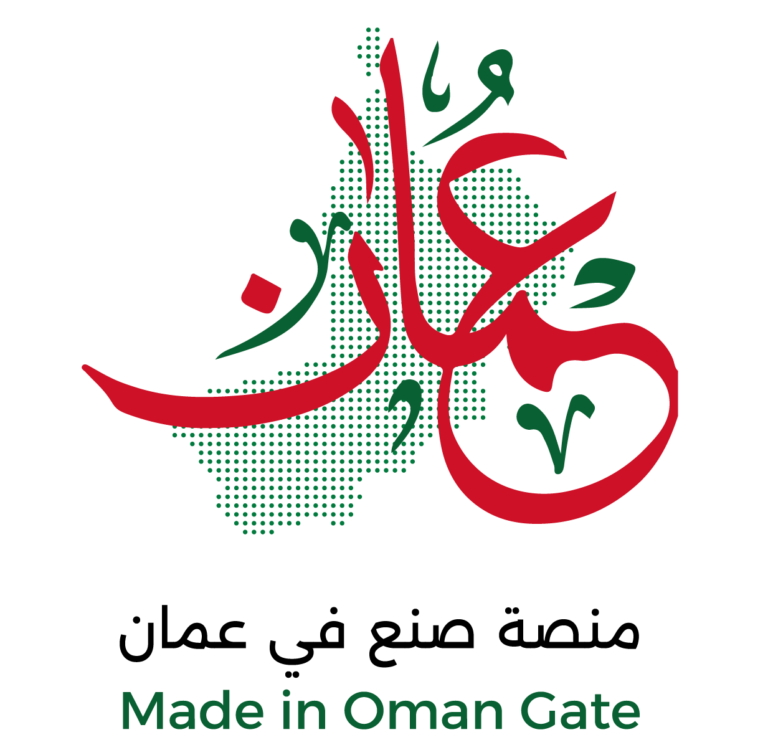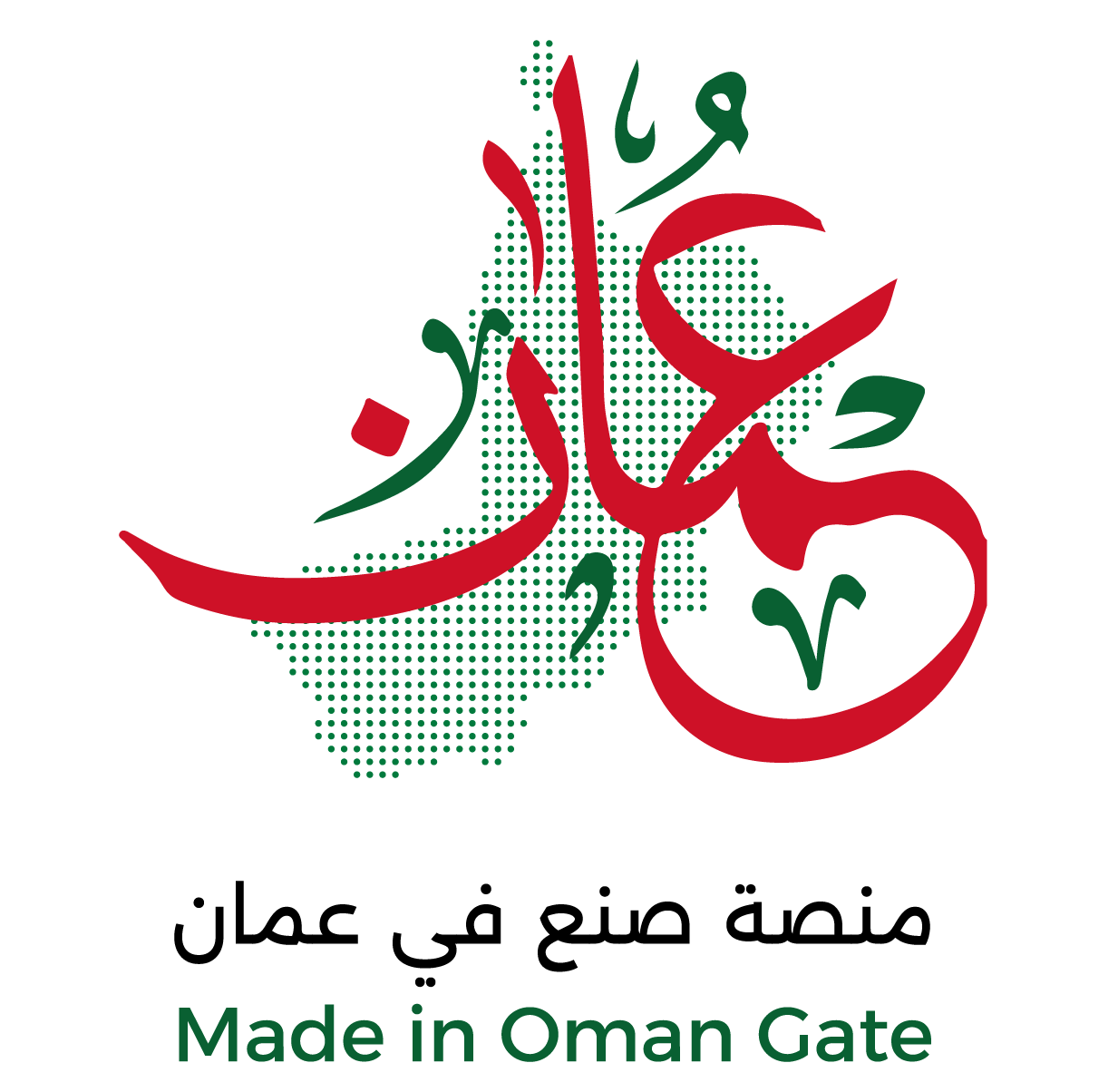The expansion of the Muscat Expressway was initiated based on the studies regarding the traffic growth in the city by various competent agencies, including the Muscat Municipality, Royal Oman Police (ROP), and the Ministry of Transport and Communications and Information Technology (MTCIT).
With the work expected to start in the last quarter of this year, according to Ahmed al Humaidi, chairman of Muscat Municipality, measures will be taken to ensure that the selected contractor finishes the project within a time frame and that all safety measures will be guaranteed, including alternative roads, during the construction period as work will be carried on the existing network. It may be noted that the Qurum traffic intersection is one of the busiest in the city.
The project is expected to take a minimum of three years to complete.
At the time of its opening in 2010, Muscat Expressway was a showpiece for the road infrastructure development in the country, which in the subsequent years led to the opening of mega projects such as the Wadi-Adei Amerat Road, Sur Coastal Highway, Batinah Expressway, Sharqiah Expressway (with two tunnels), and Amerat-Bausher road. The road project was listed in the additional projects added to the Tenth Five-Year Development Plan (2021-2025) as per the Royal Directives and the expansion ((three lanes on each side) will occur between the Al Qurm and Halban Interchanges and then connect the Batinah Expressway.
The project is important to enhance the flow of traffic and reduce congestion, apart from improving the movement of goods transportation, which will contribute to the national economy and strengthen the capital’s infrastructure in proportion to the pace of population growth. The project includes expanding the highway to six lanes in each direction, expansion of existing bridges, works related to intersections, water drainage channels, protection works for mountain slopes, floor paving, service transformation work, concrete barriers, and guardrails, and replacing the current lighting with environmentally friendly LED lightings.
Oman Observer



